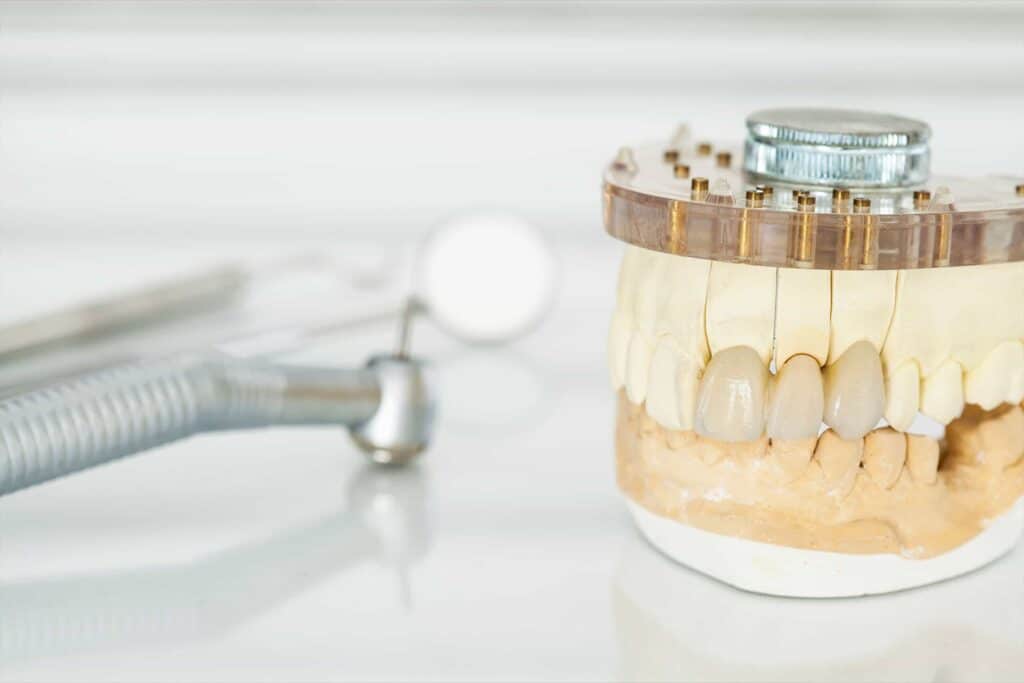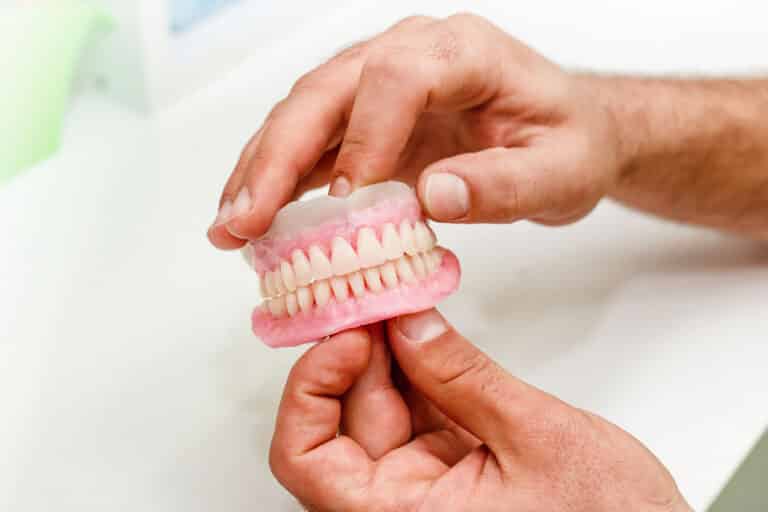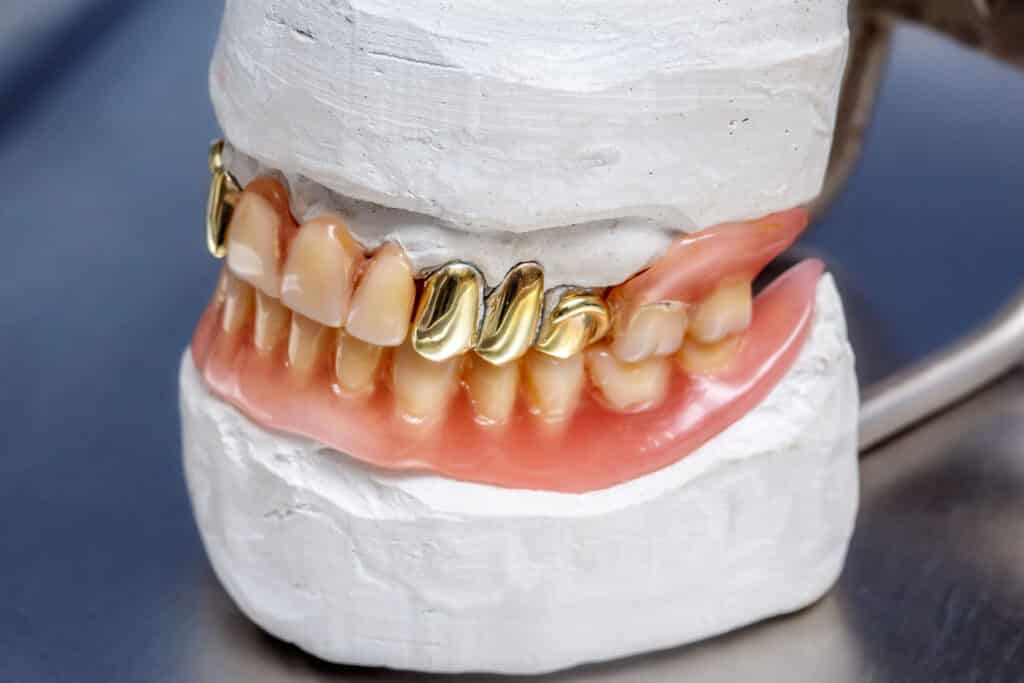The world has billions of people, many of whom have an overbite. They are extremely common, though knowledge about them is not. If you have one or perhaps have a child who does, it’s good to have a firm grasp of information surrounding the topic.
In this article, we’ll discuss everything you need to know about overbites, whether you have one or not.
What is an Overbite?
If you don’t have an overbite, chances are you know someone who does. An overbite occurs when the top front teeth overlap the bottom teeth. It’s normal for people to have a slight overbite, however a severe one could lead to problems including early and excessive tooth wear, chronic jaw pain, or fracturing of teeth
Overbite vs Overjet vs Open Bite
You may have heard the term “overjet” used instead of “overbite,” but they’re actually not the same thing. An overbite refers to the degree of overlap of the teeth from a vertical direction, while an overjet refers to the spacing in a horizontal direction. In other words, overbite is how much the top teeth cover the bottom and overjet is how far the top teeth stick out in front of the bottom teeth. Everyone has both conditions simultaneously, but they are indeed different.
These are different from an open bite, which is what it sounds like. An open bite is where the front teeth have no overlap and do not touch at all when closing down. Depending on the degree of each, it may or may not require intervention.
There are a few factors that affect the degree of how the different types of bites develop and these include:
- Improperly developed upper and/or lower jaws
- Oral health habits in early childhood, such as thumb-sucking or tongue thrusting
- Premature tooth loss (both baby teeth and adult teeth)
- Strong, overly developed bite muscles
Is an Overbite Bad?
No overbites aren’t inherently bad and are even considered normal from a functional and aesthetic perspective. However severe overbites can result in serious long term problems. These problems include damage to the teeth due to abnormal positioning and chronic jaw pain, like TMD (temporomandibular joint dysfunction). There can be minor esthetic concerns as well. You are supposed to be able to view the bottom teeth when the teeth touch. Other related issues include:
- Severe headaches that worsen over time
- Excessive wear and tear of tooth enamel and dentin
- Problems fully closing or opening the mouth
- Trouble speaking
- Sleep apnea
Untreated overbites may also alter facial structure dramatically, leading to emotional or mental problems like low self-esteem and social anxiety. When they are severe in early childhood and continue to deteriorate, facial structure deterioration could form early on in life.
There are some thoughts that excessive and abnormal overbite as well as the other problems listed above may all be symptoms of the biggest underlying problem of an underdeveloped jaw. By simply allowing the jaws to grow to the size they were designed to be, many of these problems can be lessened if not solved.
How do I Fix an Overbite?
There are many ways to be able to fix an overbite. The most common way is through the use of orthodontics. If the overbite and wear and tear is severe enough, full mouth reconstruction may be required. Excessive overbites are easier to treat in children because the jaw is still in the developmental stages. For adults, treatment can become more complicated due to a lack of interceptive treatment early on in life.
Regardless of the situation, an orthodontist or dentist will examine it. They will write up a thorough orthodontic treatment plan which may take months to years to complete. They’ll take x-rays to gather more information about the overbite and determine the best recovery pathway.
To correct an overbite in children and teens, most dentists and orthodontists recommend one or more of the following:
- Removing baby teeth and making room for adult (permanent) teeth to grow straight.
- Utilizing a growth modification device to help guide the growth of the jaw.
- Apply braces to slowly move the teeth, correcting the overbite as well as jaw placement.
- Retainers used post-braces to keep teeth where they belonged.
Correcting an overbite in an adult can look like this:
- The application of braces to move teeth and correct it.
- The removal of teeth, which is a procedure most orthodontists try to avoid but will do in the case of severe overbites.
- Surgery to fix overbites that result from skeletal problems.
The removal of teeth is commonplace in orthodontic treatment. However, a better option would be to expand the jaws to allow more room for the teeth. While non-surgical methods to achieve this are controversial, there are few arguments against this method since it’s routinely completed with children.
Can Invisalign Fix an Overbite?
Depending on the severity of the overbite, Invisalign clear aligners can fix them in children, teens, and adults. While there is no set time frame regarding how long it might take to correct with Invisalign, the average time for treatment is anywhere from six to 20 months.
Can I Fix an Overbite Naturally?
It’s impossible to fix an overbite naturally, and in all cases, braces, tooth extraction, or surgery will have to happen to correct it. However, there are ways to prevent an overbite from occurring or worsening over time, especially when it is noticed during childhood.
Habits like pencil chewing and thumb-sucking can cause bite issues but not necessarily problems with overbite. Regardless, it is important to keep an eye on any oral habits to ensure proper development of the jaws and teeth occurs.
When you understand what an overbite actually is and how it’s fixed, you can better determine the path you should take if you need to correct your own or that of your children. Not all overbites are bad and need to be fixed, however if you suspect you or someone you know has a problem, seek an opinion or two. Improper overbites can cause long-term health problems, so address them as soon as possible!





